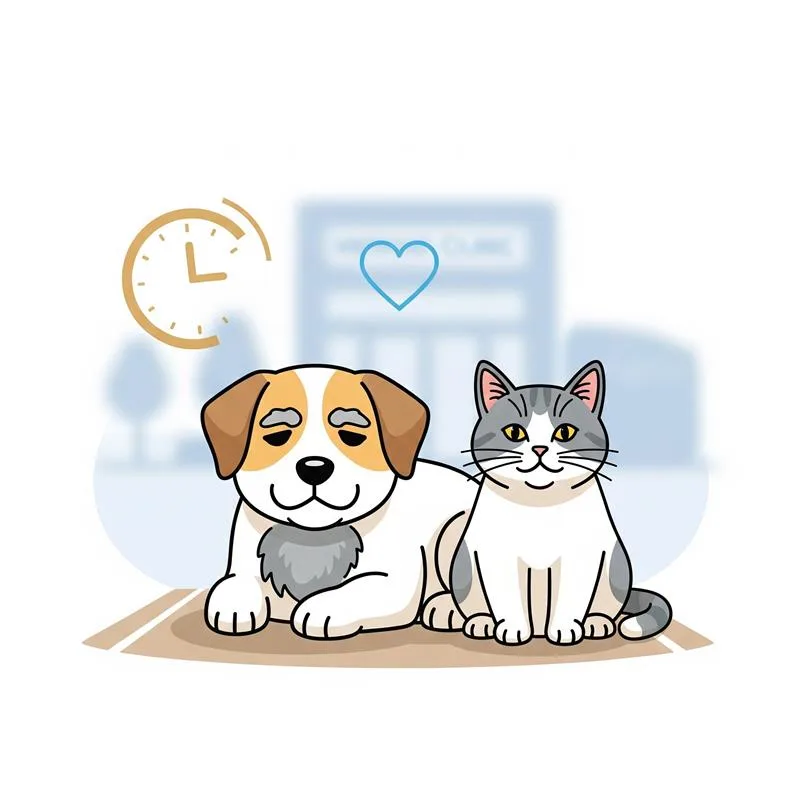Aging is a natural part of life, and just like humans, pets require special care as they enter their senior years. At Dry Creek Veterinary Hospital, we believe every stage of a pet’s life deserves the highest level of attention. Senior pets, in particular, need thoughtful, consistent care to ensure they remain comfortable, active, and happy for as long as possible.
When Does a Pet Become “Senior”?
The definition of a senior pet varies depending on breed and size. Small dog breeds may not show signs of aging until 9–10 years of age, while larger breeds may be considered senior as early as 6–7 years. Cats typically reach senior status around 10 years old. Recognizing this stage helps owners provide tailored care.
Common Health Concerns in Senior Pets
- •Arthritis and Joint Pain: Reduced mobility and stiffness are common.
- •Dental Disease: Gum infections and tooth decay can worsen overall health.
- •Kidney and Liver Issues: Regular bloodwork helps detect problems early.
- •Heart Disease: Coughing, fatigue, and difficulty breathing can indicate heart issues.
- •Cognitive Decline: Similar to dementia, pets may show confusion or behavioral changes.
The Role of Preventive Senior Care
Early detection is key. Senior pets should have bi-annual wellness exams, including:
- •Bloodwork and urinalysis
- •Dental checks and cleanings
- •Weight management and nutritional counseling
- •Vision and hearing assessments
- •Pain management plans
These proactive steps help identify health concerns before they become serious.
Lifestyle Adjustments for Senior Pets
- •Diet: High-quality, age-appropriate food supports joint, heart, and organ health.
- •Exercise: Gentle, consistent activity keeps muscles strong and prevents weight gain.
- •Home Adjustments: Ramps, non-slip rugs, and orthopedic bedding make daily life easier..
- •Mental Enrichment: Puzzle toys, training games, and social interaction keep the mind sharp.
Emotional Well-Being Matters Too
Senior pets thrive on routine and companionship. Extra affection, patience, and stability reduce anxiety and create a safe environment as they adjust to age-related changes.
Real-Life Example
“Bella,” a 12-year-old Labrador, began showing stiffness and reluctance to play. Her owners brought her to Dry Creek Veterinary Hospital, where she was diagnosed with arthritis. With the right joint supplements, pain management, and tailored exercise plan, Bella regained her mobility and enjoyed her golden years comfortably
Conclusion : Aging doesn’t have to mean slowing down. With the right care, senior pets can enjoy active, joyful lives. At Dry Creek Veterinary Hospital, we provide comprehensive senior pet care designed to support health, comfort, and happiness throughout their later years.

